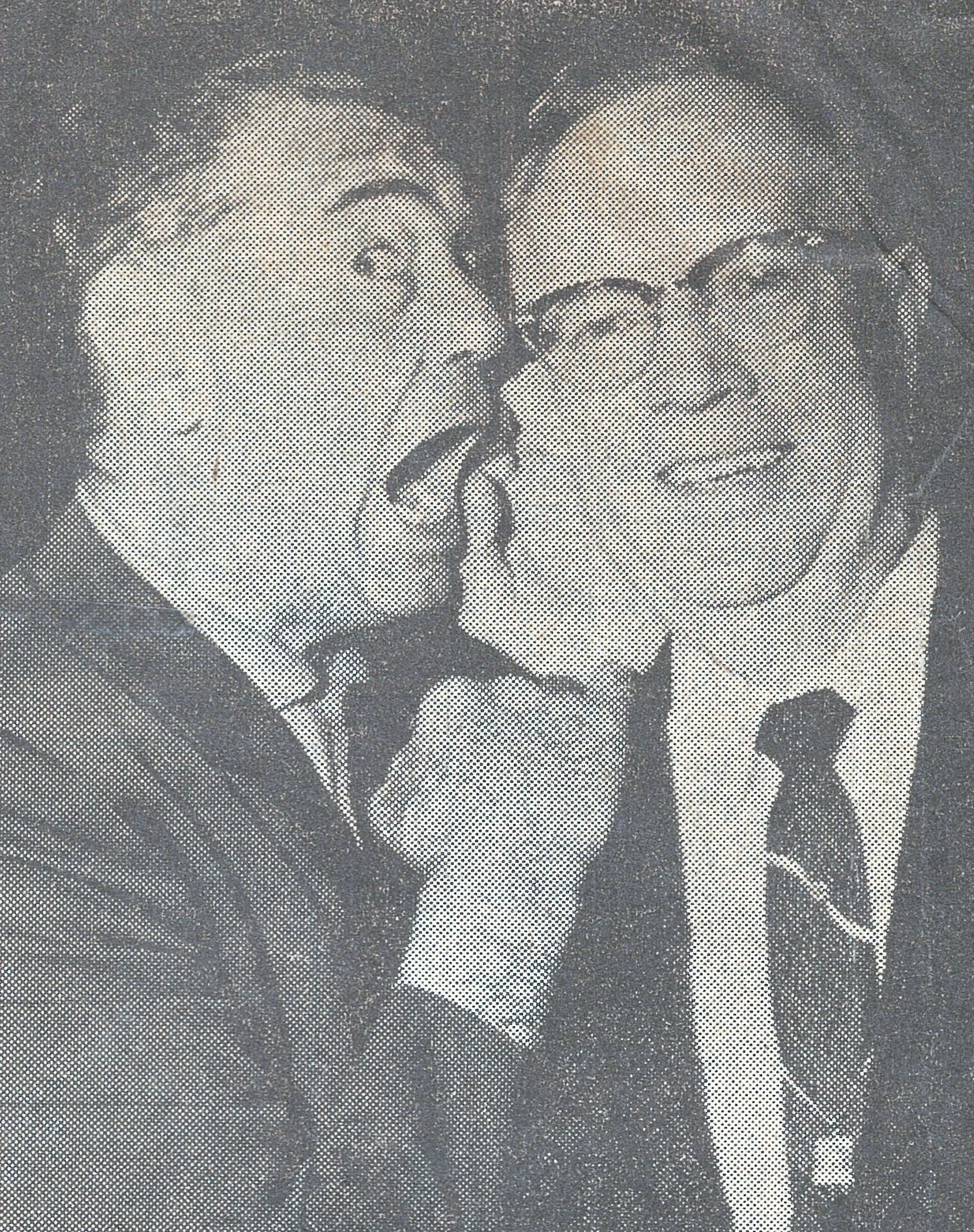
At Home in the Arctic
Some time ago, I wrote about my great-grandfather’s cousin Ethel Barnhart and her husband William Van Valin, who in 1911 became teachers in a school for Alaskan Natives run by the U.S. government. After four years, Will and Ethel returned to the continental United States, bringing with them a large collection of Native Alaskan artifacts, many of which they sold to the Penn Museum, a Philadelphia anthropological museum affiliated with the University of Pennsylvania. A few years later, when the Penn Museum was offered funding for a research expedition to northern Alaska, museum staff turned to Will to lead the effort.

Sir Knight
I stumbled into exploring the world of Freemasonry somewhat by accident. My aunt mentioned that her grandfather had been a Knight Templer. I found this baffling because the only Knights Templar I knew of were the militant medieval order disbanded by the pope in 1312. Soon after, while researching one of my great-great-grandfathers, I learned that he was also a Knight Templar, which cemented my interest in learning about the organization.

It Was a Most Thrilling Sight!
As I have written in a previous post, my great-grandmother Dorothy (Dollie) Loud grew up on cavalry posts across the western United States and, for high school, attended boarding school in Omaha, Nebraska. While Dollie was in Omaha during the mid-1890s, a particular highlight came when she and some of her school friends attended Buffalo Bill’s Wild West, most likely in 1896, when the show toured the Western states.

Jack Dempsey’s Rolex
When I was a child, my parents always received a cheesecake from Jack Dempsey’s Broadway Restaurant at Christmas. I didn’t really understand who Jack Dempsey was or why he sent us a cheesecake every year, but the cheesecake was delicious. As I got older, I came to understand that my grandfather had at one point served as Dempsey’s attorney, and my grandparents had become friends with Dempsey and his fourth wife Deanna. Sadly, however, Dempsey’s restaurant closed in 1974, marking the end of an era for my family.
